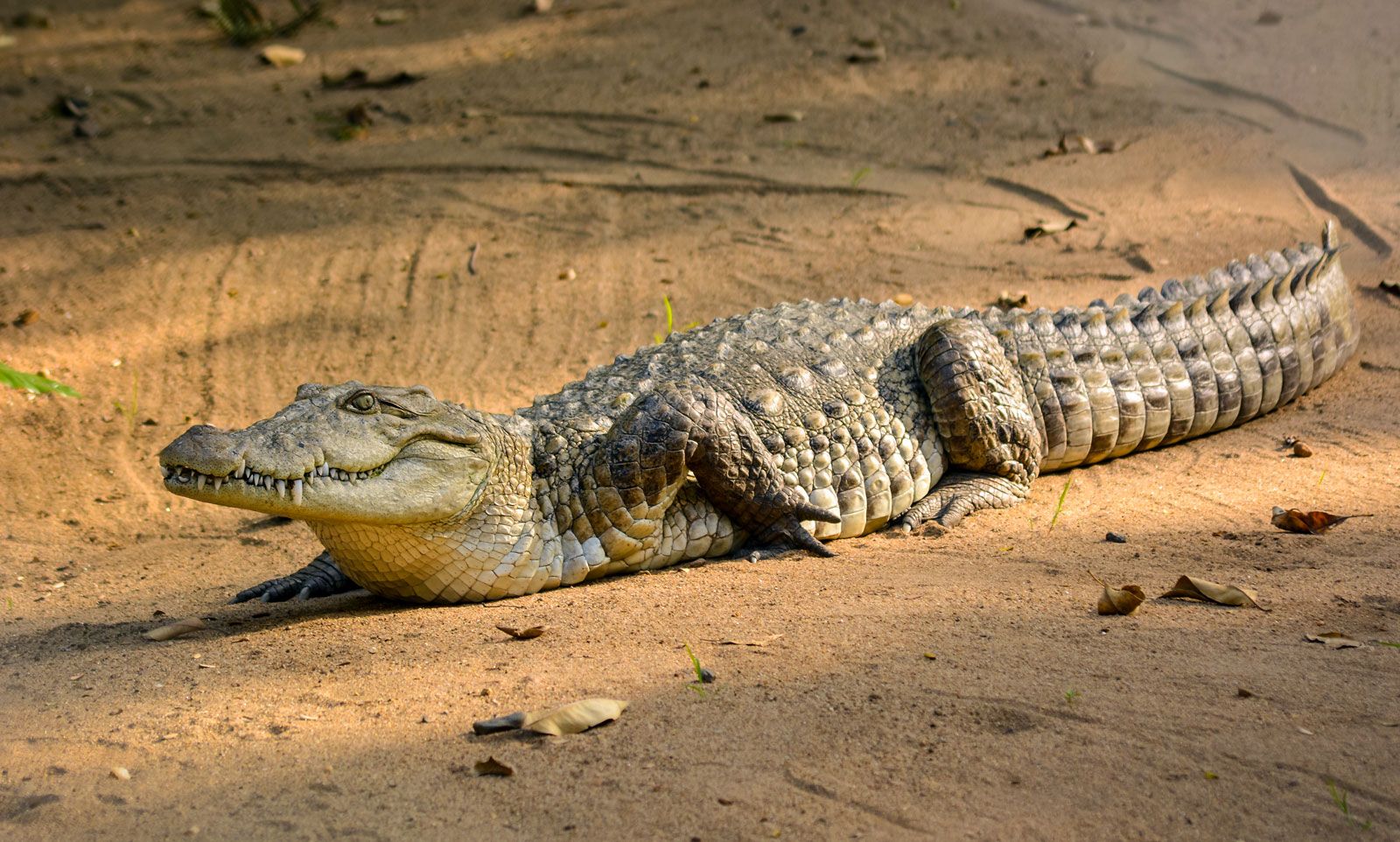The article compares and contrasts saltwater and freshwater crocodiles. Saltwater crocodiles are larger, more aggressive, and adapted to live in saltwater habitats, while freshwater crocodiles tend to be smaller, less aggressive, and adapted to live in freshwater habitats. Saltwater crocodiles have a reputation for attacking and killing humans, while freshwater crocodiles mainly eat fish, insects, and crustaceans and are much less likely to attack humans. Both species were hunted almost to extinction in the past but have rebounded due to conservation efforts. Both crocodile species are important to their ecosystems and should be preserved for future generations.
The Great Debate: Saltwater vs. Freshwater Crocodiles
Crocodiles are considered some of the most dangerous animals in the world, and it’s not surprising. They are apex predators that have a reputation for attacking and killing humans. However, not all crocodiles are created equal. There are two types of crocodiles, saltwater and freshwater, that differ in several ways. In this article, we will compare and contrast these two reptiles and try to determine which is superior.
Physical Differences
First and foremost, saltwater crocodiles are significantly larger than freshwater crocodiles. While freshwater crocodiles range from 2 to 3 meters in length, saltwater crocodiles can reach up to 6 meters in length and weigh more than 1,000 kilograms. The size difference is due in part to the different environments that each crocodile lives in. Saltwater crocodiles are adapted to live in saltwater habitats, which are more nutrient-rich and allow for faster growth. Freshwater crocodiles, on the other hand, have adapted to live in the freshwater habitats of rivers and lakes.
Behavioral Differences
The two types of crocodiles also differ in their behavior. Saltwater crocodiles are known to be the more aggressive of the two, with a reputation for attacking boats, people, and animals. They have been known to launch themselves out of the water to attack prey, and their bite force can reach over 3,000 pounds. On the other hand, freshwater crocodiles tend to be more docile and less aggressive, only attacking when provoked or defending their territory.
Habitat
Both saltwater and freshwater crocodiles can be found in Australia, but they occupy different habitats. Saltwater crocodiles are found in the saltwater estuaries, rivers, and coastal areas of northern Australia, while freshwater crocodiles can be found in the freshwater rivers, lakes, and billabongs of northern and central Australia.
Diet
The diet of the two crocodiles differs as well. Saltwater crocodiles are apex predators that will eat just about anything, including fish, birds, and mammals. They are known to attack and kill humans, which has earned them their reputation as the most dangerous crocodile species. Freshwater crocodiles, on the other hand, mainly eat fish, insects, and crustaceans, and are much less likely to attack humans.
Conservation Status
Both crocodile species were hunted almost to extinction in the past, but thanks to conservation efforts, their populations have rebounded. The saltwater crocodile is now listed as a species of least concern on the IUCN Red List, while the freshwater crocodile is listed as a species of least concern in some parts of its range but is considered vulnerable in others.
Conclusion
While both saltwater and freshwater crocodiles are dangerous and should be respected, there are several differences between the two species. Saltwater crocodiles are larger and more aggressive, while freshwater crocodiles tend to be smaller and less aggressive. Saltwater crocodiles are adapted to live in saltwater habitats, while freshwater crocodiles have adapted to live in freshwater habitats. While saltwater crocodiles are considered one of the most dangerous animals in the world, both species are important to their ecosystems and should be preserved for future generations.
